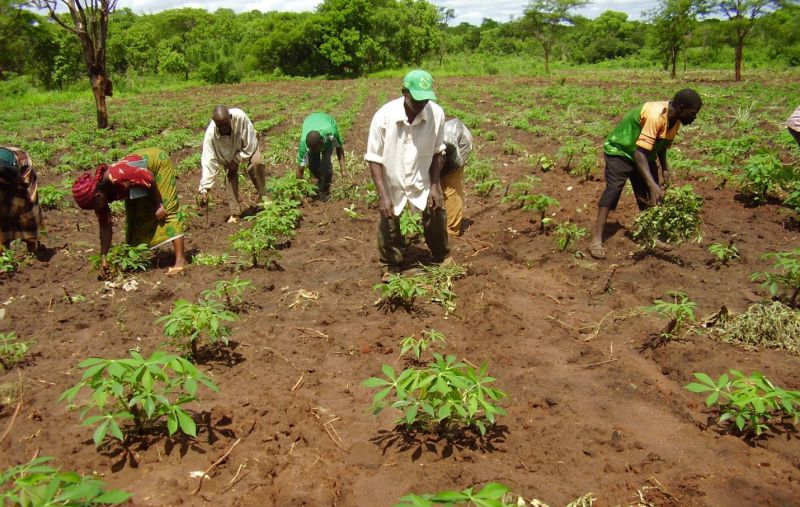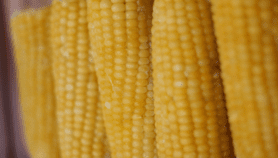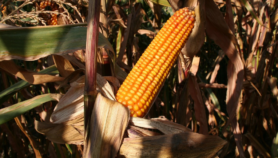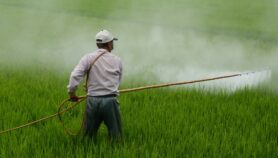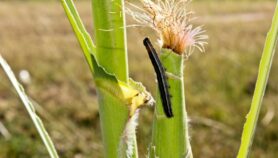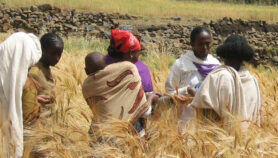By: Ochieng’ Ogodo
Send to a friend
The details you provide on this page will not be used to send unsolicited email, and will not be sold to a 3rd party. See privacy policy.
[NAIROBI] Smallholder farmers in Africa face challenges in getting reliable access to sufficient quantities of quality seed of superior varieties at the right time at an affordable price, an expert says.
Miltone Ayieko, regional coordinator for the Kenya-based Integrated Seed Sector Development in Africa (ISSD Africa) project, says that the lack of quality affects agricultural productivity, income resilience and livelihoods of smallholders.
“Smallholder farmers face challenges in getting reliable access to sufficient quantities of quality seed of superior varieties and that impacts negatively on their productivity, earnings and livelihoods,” Ayieko said in an interview with SciDev.Net yesterday.
“Smallholder farmers face challenges in getting reliable access to sufficient quantities of quality seed of superior varieties.”
Miltone Ayieko, ISSD Africa
He says that the ISSD Africa project’s goal is to support the development of a market-oriented, pluralistic, vibrant and dynamic seed sector in Africa that provides both female and male smallholder farmers access to quality seed of superior varieties.
ISSD Africa, in collaboration with partners such as the Centre for Development innovation (CDI) of the Netherlands-based Wageningen University and Research and Tegemeo Institute of Agricultural Policy and Development of Egerton University, Kenya, will be holding a conference in Kenya next week (19-20 September).
The conference brings together seed experts from around the continent, government agencies, as well as donors and development partners
According to Ayieko, the conference creates a platform to share the outcomes of a two-year piloting phase, alongside the discussions on how to translate these findings into change agendas.
“The conference presents an opportunity to build a basis for follow-up with a view to the creation of an African-owned enabling structure and network that will enhance farmers’ access to quality seed of superior varieties, hence contributing to food security and economic development agenda in Africa,” he explains.
Marja Thijssen, the ISSD Africa Project Coordinator based at the Centre for Development Innovation (CDI) -Wageningen UR, says that Africa requires seed entrepreneurship that responds to demands by farmers, agro-dealers, service providers and others in the seed value chain.
“Entrepreneurship and market-orientation are important incentives for sustainable development,” she tells SciDev.Net.
According to Marja, a senior advisor on plant genetic resources and seed systems at Wageningen UR, Netherlands, whereas global commitments are important they fail to recognise national realities and acknowledge the importance of different seed systems in providing farmers access to quality seed.
“Making these commitments more coherent with the practices and realities of farmers, and creating an enabling environment for strengthening multiple seed systems will increase farmers’ access to quality seed,” she notes.
This piece was produced by SciDev.Net’s Sub-Saharan Africa English desk.


